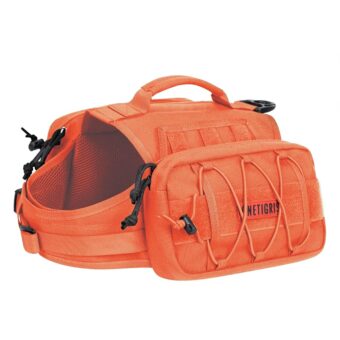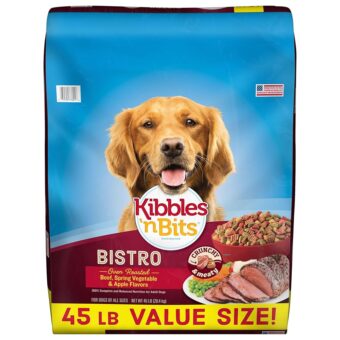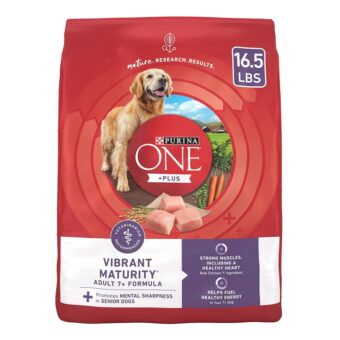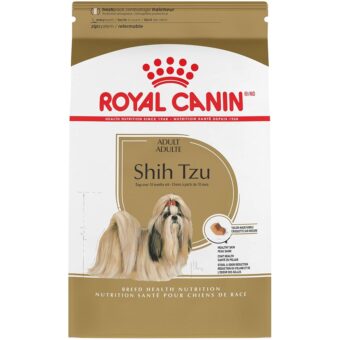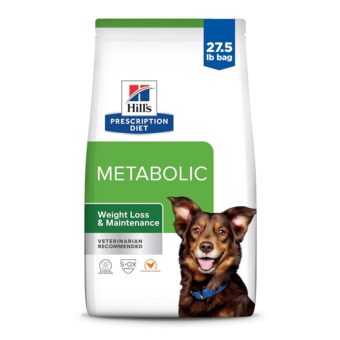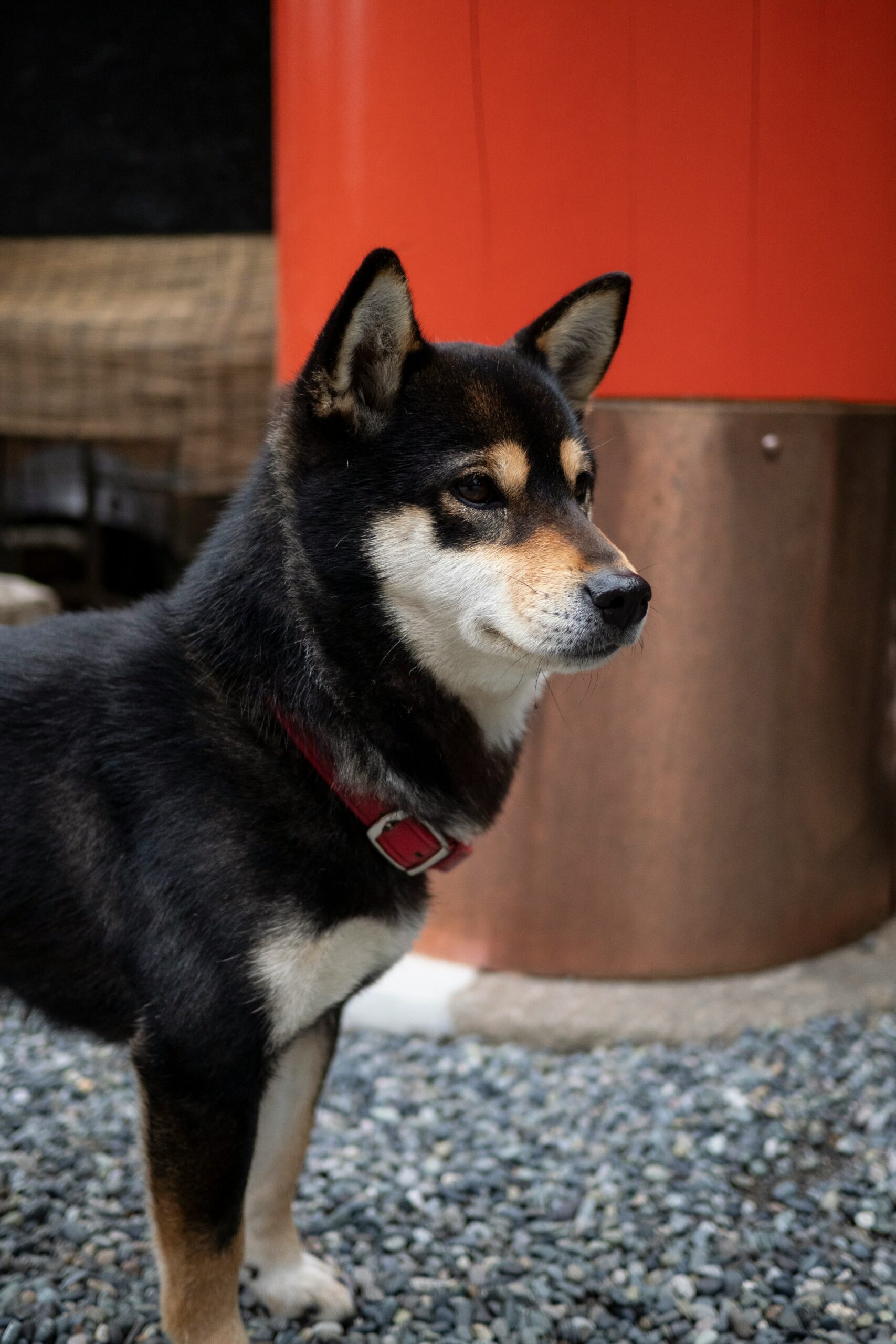
Introduction to the Shiba Inu
The Shiba Inu is among Japan’s oldest and most cherished dog breeds, renowned for its unique characteristics and independent spirit. Its origins can be traced back over 2,000 years, where it was primarily bred for hunting small game in the mountainous regions of Japan. The breed’s name, Shiba Inu, translates to “brushwood dog,” a reference to the brushwood used for cover where these dogs would hunt.
Throughout its history, the Shiba Inu has played dual roles in Japanese society, serving as both a companion and a working dog. As a hunting breed, the Shiba Inu showcases a remarkable sense of smell, agility, and tenacity, qualities that made it an asset for local hunters. This ability to adapt to different environments and tasks is a significant factor in the breed’s enduring popularity. Post-World War II, the Shiba Inu experienced a resurgence in interest, leading to its recognition beyond Japan’s borders.
The cultural significance of the Shiba Inu is profound, as it is frequently celebrated in Japanese art, literature, and folklore. The breed’s image is often associated with loyalty and companionship, reflecting the strong bond between humans and dogs. In contemporary society, the Shiba Inu has gained international fame, especially in the realm of social media, where its distinctive appearance and spirited personality have captured the hearts of many worldwide.
As the Shiba Inu continues to gain popularity outside Japan, it remains essential to understand its rich heritage and the qualities that define this remarkable breed. Preservation of its unique traits and cultural significance ensures that the Shiba Inu remains not just a beloved pet but also a symbol of Japan’s history and canine legacy.
Physical Characteristics and Unique Appearance
The Shiba Inu is a breed distinguished by its compact size and agile physique. Typically, adult Shiba Inus weigh between 17 to 23 pounds and stand about 13.5 to 16.5 inches tall at the shoulder. This breed’s well-proportioned stature contributes to its energetic and lively demeanor, making it both a delightful companion and an impressive sight. The Shiba Inu’s overall build showcases a muscular yet agile structure, providing it with the stamina needed for both play and exercise.
A defining feature of the Shiba Inu is its dense double coat, which is particularly weather-resistant. The outer coat is straight, while the undercoat is soft and thick, providing insulation against heat and cold. The coat comes in a variety of colors, including red, sesame (red with black-tipped hairs), black and tan, and cream. Each coat color contributes to the unique aesthetic appeal of this breed. Notably, the reddish hues are often the most associated with the breed, enhancing its vibrant appearance.
The Shiba Inu is also recognizable by its ears, which are small, triangular, and stand erect, further emphasizing its alert nature. The breed’s expressive face features a fox-like muzzle and dark, triangular eyes that exude intelligence and curiosity. Another distinctive physical characteristic is the Shiba Inu’s tightly curled tail, which rests over its back, adding to its charming allure. This specific tail curl is a hallmark of the breed and enhances its appealing silhouette.
Combining these features, the Shiba Inu stands out in the canine world, not only for its unique beauty but also for its independent yet loyal temperament. These distinctive physical traits play a significant role in the breed’s popularity, making it an exquisite example of canine aesthetics emanating from Japan.
Temperament and Personality Traits
The Shiba Inu, known for its spirited and independent demeanor, embodies a unique blend of characteristics that set it apart from other breeds. This breed is often described as bold, confident, and alert, which are traits that contribute to its charming personality. Shiba Inus possess a steadfast loyalty to their owners, establishing a strong bond that makes them affectionate companions, albeit on their own terms. Their independence can sometimes lead to a stubborn disposition, as they may choose to follow their instincts rather than obey commands. This strong-willed nature requires a certain depth of understanding from potential owners.
Socialization is crucial for Shiba Inus, as their natural courage and boldness can be misinterpreted as aggression, especially if they encounter new people or environments without proper exposure. Early and consistent socialization helps ensure they are well-adjusted and comfortable in various situations, minimizing their innate skittishness and enhancing their friendly demeanor. Furthermore, training is equally important; employing positive reinforcement techniques can effectively work with their independent spirit, encouraging desirable behaviors while fostering respect between the dog and owner.
Moreover, Shiba Inus are known for their playful yet reserved nature. They often display a strong prey drive, which can surface during walks or playtime, making it essential for owners to monitor their interactions with smaller animals. While they enjoy play, their independent streak often means that they will engage with people on their own schedule. Understanding these dynamics is vital for fostering a positive relationship with a Shiba Inu, allowing both the dog and owner to enjoy a profound companionship.
In summary, while the Shiba Inu’s spirited independence may present challenges, with patience and proper training, owners can develop a rewarding relationship built on loyalty, trust, and mutual respect.
Grooming and Care Requirements
The Shiba Inu, recognized for its spirited demeanor and unique appearance, has specific grooming and care needs that reflect its independent nature. Understanding these requirements is vital for maintaining the dog’s overall health and ensuring its well-being. One of the most prominent aspects of Shiba Inu care is their shedding cycle. This breed typically experiences a heavy shedding season twice a year, often referred to as “blowing the coat.” During this period, regular brushing, at least two to three times a week, is recommended to manage the considerable amount of fur and to prevent matting. Outside of shedding seasons, a weekly brushing is generally sufficient.
Bathing should be approached with moderation. It is advisable to bathe a Shiba Inu only when necessary, approximately every three months, as frequent bathing can strip natural oils from their skin, leading to dryness and irritation. When grooming, attention should also be paid to their nails, ears, and teeth. Regular nail trimming is essential to prevent discomfort and potential injury. Cleaning their ears and teeth at least once a month will help protect against infections and dental issues.
Diet and exercise are critical components of Shiba Inu care. A balanced, high-quality diet is recommended to support this breed’s energy levels and overall health. It is essential to monitor portion sizes to prevent obesity, a common issue among Shiba Inus. Daily walks and interactive play are vital to keep them well exercised. Engaging in mental stimulation through training or puzzle toys can also be beneficial, as this breed is known for its intelligence.
Lastly, routine veterinary check-ups are crucial for monitoring their health status. These appointments provide opportunities for vaccinations, dental care, and early detection of potential health issues. Ensuring that your Shiba Inu receives the proper grooming, diet, exercise, and veterinary care will promote a long, healthy life, full of vigor and vitality.
Training Tips for Shiba Inu Owners
Training a Shiba Inu can be a rewarding yet challenging experience, primarily due to their independent and strong-willed nature. These dogs exhibit a high level of intelligence, which, when combined with their innate desire for autonomy, can make training a unique journey. To cultivate a well-behaved companion, understanding effective training techniques is essential.
One of the most critical aspects of training a Shiba Inu is the use of positive reinforcement. This approach involves rewarding desired behaviors with treats, praise, or playtime, thereby encouraging the dog to repeat those behaviors. Unlike negative reinforcement or punitive measures, positive reinforcement fosters a happier and more trusting relationship between owners and their Shiba Inus. It is vital to be consistent with reward systems to ensure that your pet understands which actions are expected.
Consistency is paramount throughout the training process. Establishing a routine helps your Shiba Inu grasp commands and expectations more rapidly. Sessions should be kept short but frequent, as Shiba Inus may lose interest in prolonged training periods. Aim for around 5 to 10 minutes per session, ensuring you incorporate various commands to maintain engagement. Repetition is key; practice commands daily until your dog masters them.
Additionally, patience is a virtue when working with a Shiba Inu. Their independent nature may lead them to challenge commands or show reluctance. When faced with resistance, it is essential to maintain a calm demeanor, practicing patience and understanding. Tailoring the training approach to suit your dog’s personality can also yield positive results; for instance, using games or socialization can enhance learning while allowing your Shiba Inu to enjoy the process.
In summary, with a focus on positive reinforcement, consistent routines, and an understanding of your Shiba Inu’s temperament, successful training is achievable. This commitment ultimately fosters a strong bond and a well-adjusted companion.
The Shiba Inu in Popular Culture
The Shiba Inu has made significant strides in popular culture, establishing itself as a prominent figure particularly on social media platforms, in films, and as part of the internet meme phenomenon. This breed, known for its spirited personality and fox-like appearance, has attracted a dedicated following that has helped elevate its status in the public eye.
One of the most recognizable aspects of Shiba Inu’s presence in contemporary culture is its ascendancy as a social media star. Owners frequently share pictures and videos of their Shiba Inu companions, showcasing their antics and unique expressions. Platforms such as Instagram and TikTok have been flooded with content featuring this breed, where their playful demeanor and charming looks engage a wide audience. Hashtags dedicated to Shiba Inu, such as #ShibaInu and #Doge, have garnered millions of interactions, further embedding the breed into the cultural lexicon.
Moreover, the Shiba Inu’s representation in films and television has contributed to its visibility. Animated movies and documentaries have included Shiba Inu characters or featured them in leading roles, portraying their loyalty and intelligence. This positive media representation resonates with viewers and reinforces the breed’s appeal beyond mere aesthetics.
The internet meme culture has perhaps produced the most significant impact on how Shiba Inu is perceived. The ‘Doge’ meme, characterized by a Shiba Inu’s image accompanied by colorful text in broken English, has endeared the breed to a global audience. This meme captured the whimsical nature of the dog while also providing a platform for humor and expression, solidifying the Shiba Inu’s status as an internet icon. The global phenomenon of the ‘Doge’ meme has not only raised awareness of the breed but has also influenced the public’s perception, portraying Shiba Inu as not just pets, but also as lovable symbols of humor and vivacity.
Health Concerns and Lifespan
The Shiba Inu is generally recognized as a robust and lively breed. However, like all dog breeds, they are susceptible to certain health issues, some of which may be hereditary. One notable condition that affects Shiba Inus is hip dysplasia, a genetic disorder that causes abnormal growth of the hip joint, leading to arthritis and pain. Other hereditary concerns include patellar luxation, a condition where the kneecap dislocates, and eye conditions such as progressive retinal atrophy (PRA), which can eventually lead to blindness. Regular veterinary check-ups are crucial for early detection and management of these issues.
Beyond hereditary conditions, Shiba Inus can experience common health problems such as allergies and autoimmune conditions, which may require dietary adjustments and medications. Maintaining a healthy weight can also mitigate several health risks; thus, it is essential for owners to monitor their dog’s diet and exercise regularly. A well-balanced diet, comprising high-quality dog food and appropriate treats, contributes significantly to their overall health.
The average lifespan of a Shiba Inu ranges from 12 to 15 years, which is relatively typical for small to medium breeds. With diligent care, regular health screenings, and a focus on preventive measures, many Shiba Inus can live well into their teens. Preventive health measures may include vaccinations, parasite control, and spaying or neutering, which can prevent certain health issues and improve behavior. Additionally, responsible breeders often conduct health screenings to minimize hereditary concerns, ensuring that future generations of Shiba Inus have the best chance for a long, healthy life.
Adopting or Buying a Shiba Inu
When considering the addition of a Shiba Inu to your family, potential owners must weigh the options of adopting or purchasing a dog. Each choice carries its own set of responsibilities, advantages, and considerations. It is crucial to approach this decision with care, acknowledging the unique needs and characteristics of this breed.
For those looking to purchase a Shiba Inu, finding a responsible breeder is of utmost importance. A reputable breeder will prioritize the health and well-being of their puppies, ensuring that they are properly socialized and screened for genetic issues. Prospective owners should seek breeders who provide transparency regarding the dog’s lineage and health tests. Visiting the breeder’s premises offers the chance to observe the conditions in which the animals are raised and to assess the temperament of the puppies. This step is vital in guaranteeing a healthy addition to your home.
Alternatively, adopting a Shiba Inu can be a highly rewarding experience. Many rescue organizations and shelters are dedicated to rehoming Shibas in need of a loving family. Adopting from such organizations often provides a second chance to a dog that may have faced challenges in its initial home. The adoption process typically includes an application, where potential owners must demonstrate their ability to provide a suitable environment for the Shiba Inu, including sufficient exercise, social interaction, and training.
In summary, whether you choose to purchase from a breeder or adopt from a rescue organization, thoroughly researching and understanding the Shiba Inu breed, and its associated responsibilities, is imperative. Making an informed decision helps ensure that both the dog and owner experience a fulfilling and harmonious relationship.
Conclusion: Why the Shiba Inu is a Unique Companion
In summation, the Shiba Inu stands out as a remarkable breed characterized by its individualistic nature and striking appearance. Originating from Japan, this breed possesses a rich history that is well-reflected in its unique traits, making it a fascinating choice for potential pet owners. The Shiba Inu’s independent spirit is one of its most defining qualities. Unlike many breeds that are heavily reliant on human companionship, Shiba Inus often exhibit a more self-sufficient demeanor. This independence grants them an aura of confidence, making them both intriguing and appealing as companions.
Moreover, the beauty of the Shiba Inu cannot be overstated. With their fox-like appearance, curled tails, and erect ears, they exude an air of elegance that is undeniable. Their well-defined features and vibrant coat colors add to their charm, often making them the center of attention wherever they go. Beyond their looks, Shiba Inus are known for their loyalty and affection towards their families. While they may initially seem aloof, this breed forms strong bonds with their owners over time, demonstrating loyalty that is both steadfast and heartwarming.
Potential owners will find that the Shiba Inu offers a blend of personality traits that appeal to a wide range of lifestyles. They are intelligent, alert, and relatively easy to train with the right approach. Nevertheless, this breed does require an understanding of their independent nature, as well as the patience and skill needed to train a spirited dog. By embracing the unique characteristics of the Shiba Inu and recognizing its beauty, independence, and loyalty, potential owners can cultivate a rewarding companionship that resonates with their lifestyle and values.

